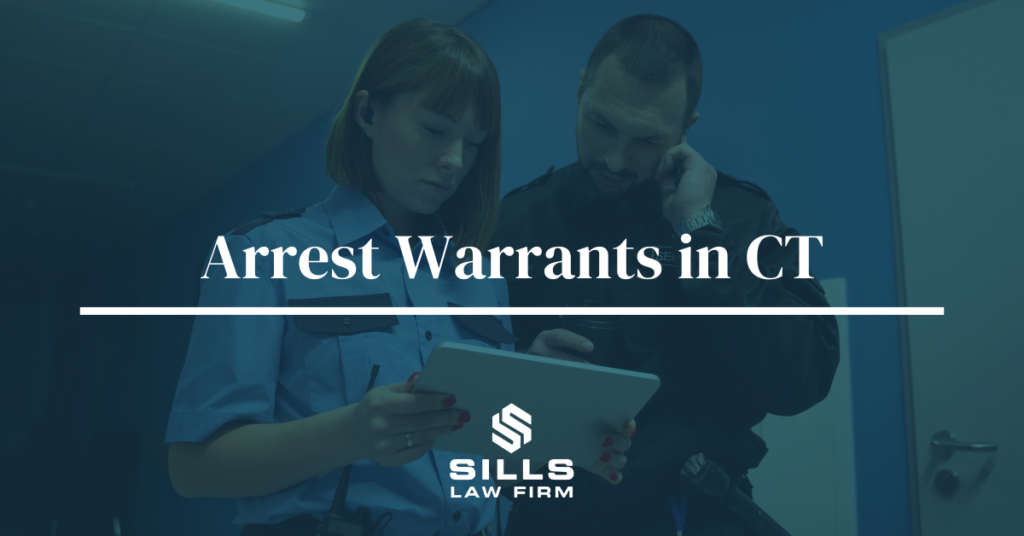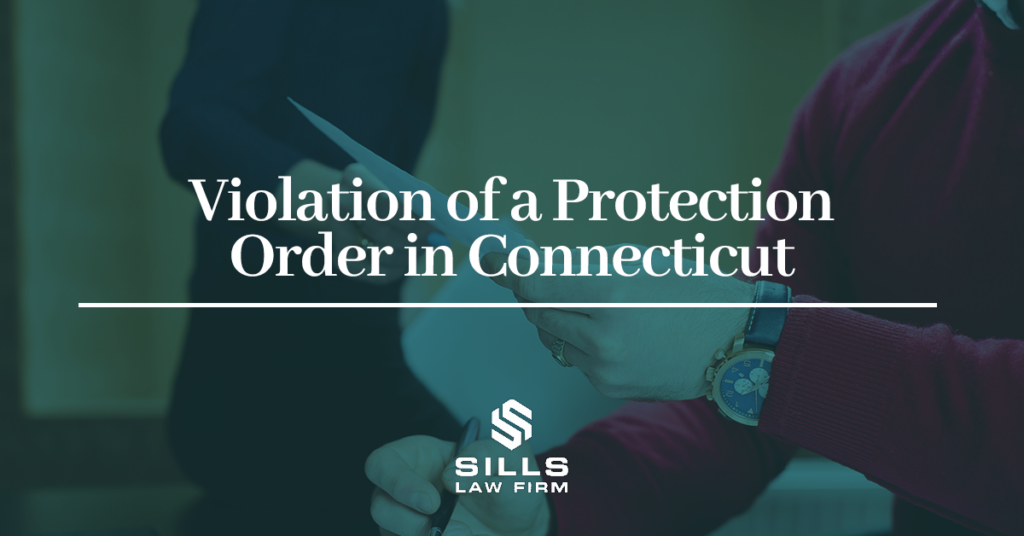Prescription drug abuse in the United States has been one of the greatest public health crises in recent years. One of the most common ways addicted individuals obtain opioids is through prescription drug fraud, which occurs when a person gets a hold of prescribed medications by deception.
The following are several ways a person can commit prescription fraud:
- Doctor shopping – When a person registers with multiple doctors without informing them about receiving medication from another physician. This type of fraud enables him/her to obtain the same medication from multiple doctors.
- Forging prescriptions – When a person steals a doctor’s pad and forges prescriptions.
- Altering prescriptions – When a person changes the type of drug or increase the quantity of medication on a prescription provided by a doctor.
- Creating fake prescriptions – When a person creates a realistic prescription slip using sophisticated software and printing equipment.
- Impersonation – When a person impersonates a doctor or healthcare provider to obtain prescriptions—typically by calling the pharmacy.
- Purchasing drugs online – When a person buys prescription drugs online. This often occurs since online purchases are generally anonymous and are devoid of secure identity requirements. Additionally, some websites sell generic versions of opioids, which means a person doesn’t need a doctor’s prescription.
Although addicted patients commonly commit prescription drug fraud, so do physicians because of their ability to issue fraudulent, illegitimate, or unusual prescriptions. Furthermore, healthcare workers often commit prescription drug fraud since they are able to obtain prescription medication easily while they are on the job, either to sell drugs for profit or support their own addiction.
In Connecticut, prescription drug fraud is either a Class C or D degree felony. A Class C felony is punishable by a maximum ten-year prison sentence and a fine no more than $10,000, while a Class D felony carries a prison term of up to five years and a fine not exceeding $5,000.
However, if a person has been charged with prescription drug fraud for the first time—and allegedly committed the act for personal use—he/she could be eligible for pretrial diversion. This means if a defendant completes all the conditions of the program (e.g. random drug testing, drug treatment, counseling, etc.), his/her entire case will be dismissed.
If a doctor or healthcare provider is accused of committing prescription drug fraud and the patient failed to disclose certain facts that would cause the medical professional to not approve the prescription, he/she may use the “good faith” defense.
At The Sills Law Firm, we understand that having an experienced criminal defense attorney on your side can make a significant difference in your case. With more than six decades of collective legal experience, our legal team can review your case and figure out all your legal options to help you avoid serious criminal penalties for prescription drug fraud.
For more information about our legal services, do not hesitate to contact us today at (860) 524-8118 and request a free consultation.






